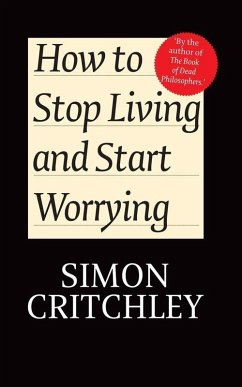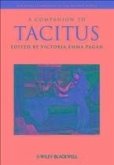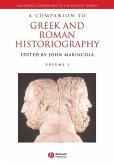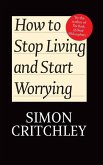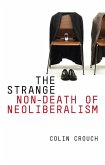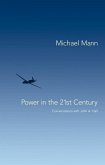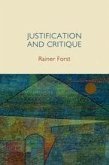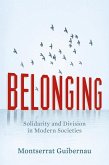The question of how to lead a happy and meaningful life has been at the heart of philosophical debate since time immemorial. Today, however, these questions seem to be addressed not by philosophers but self-help gurus, who frantically champion the individual's quest for self-expression and self-realization; the desire to become authentic. Against these new age sophistries, How to Stop Living and Start Worrying tackles the question of 'how to live' by forcing us to explore our troubling relationship with death. For Critchley, philosophy begins with the question of finitude and with his understanding of a key classical theme - that to philosophize is to learn how to die. Learning how to accept both our own and others' mortality as a part of life also raises the question of how to love. Critchley argues that the act of love requires us to give up something of ourselves, to lose control so as to be open to the demands of love. We will never be equal to this demand and so we are brought face to face with our own limitations - one form of which is what Critchley calls our 'originary inauthenticity'. By scrutinizing the very nature of humour, Critchley explores what we need to laugh at ourselves and presents the need to confront the inescapable ridiculousness of life. Reflecting on the work of over 20 years, this book provides a unique, witty and erudite introduction to the thought of Simon Critchley. It includes a revealing biographical conversation with Critchley and a fascinating debate with the critically acclaimed novelist Tom McCarthy about the nature of authenticity. Taken together the conversations give an intimate portrait of one of the most lucid, provocative and engaging philosophers writing today.
Dieser Download kann aus rechtlichen Gründen nur mit Rechnungsadresse in A, B, BG, CY, CZ, D, DK, EW, E, FIN, F, GR, HR, H, IRL, I, LT, L, LR, M, NL, PL, P, R, S, SLO, SK ausgeliefert werden.
"After reading this book, I was, I must admit, sorely tempted to answer Camus's famous question in the affirmative." -- David Shields, author of Reality Hunger
"An entertaining set of conversations with a bright star of philosophy."
Boyd Tonkin, The Independent
"The pages are stuffed with reminiscence and intriguing passing ideas as well as more arguments (of greater or lesser plausability) than most books twice the length. The intellectual register soars and plunges in a pleasing rhythm."
Steven Poole, The Guardian
"Apart from his charming autobiography, Critchley is remarkably adept at clearly explaining quite difficult ideas."
Nina Power, Philosophers' Magazine
"Carl Cederstrom's book of interviews with Simon Critchley, reminded me that I was not the only tinnitus-blighted Scouser to be fighting the good fight for 'Continental' philosophy!"
Mark Thwaite, Ready Steady Book
"An indispensable resource to anyone interested in Critchley's writing."
A Piece of Monologue
"After reading this book, I was, I must admit, sorely tempted to answer Camus's famous question in the affirmative."
David Shields, author of Reality Hunger
Boyd Tonkin, The Independent
"The pages are stuffed with reminiscence and intriguing passing ideas as well as more arguments (of greater or lesser plausability) than most books twice the length. The intellectual register soars and plunges in a pleasing rhythm."
Steven Poole, The Guardian
"Apart from his charming autobiography, Critchley is remarkably adept at clearly explaining quite difficult ideas."
Nina Power, Philosophers' Magazine
"Carl Cederstrom's book of interviews with Simon Critchley, reminded me that I was not the only tinnitus-blighted Scouser to be fighting the good fight for 'Continental' philosophy!"
Mark Thwaite, Ready Steady Book
"An indispensable resource to anyone interested in Critchley's writing."
A Piece of Monologue
"After reading this book, I was, I must admit, sorely tempted to answer Camus's famous question in the affirmative."
David Shields, author of Reality Hunger

